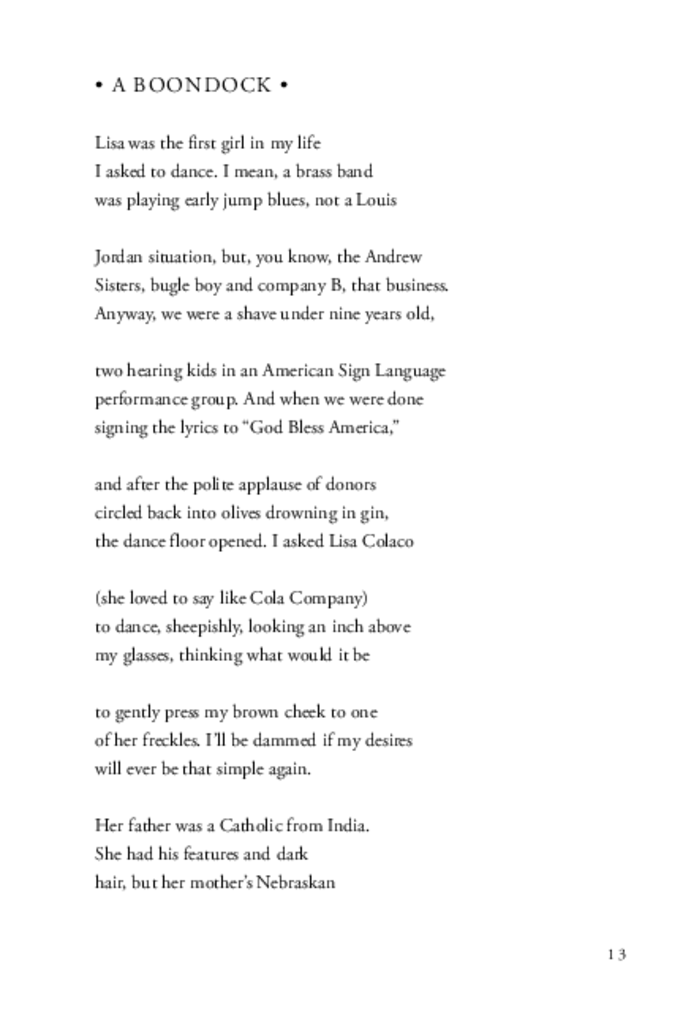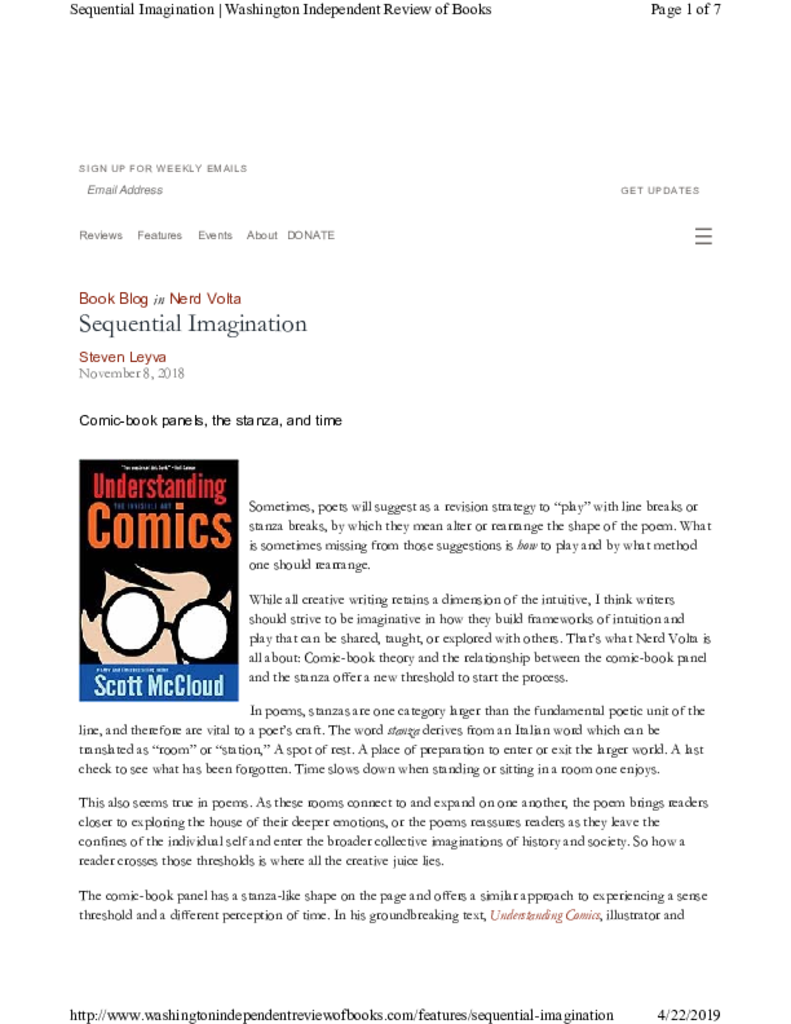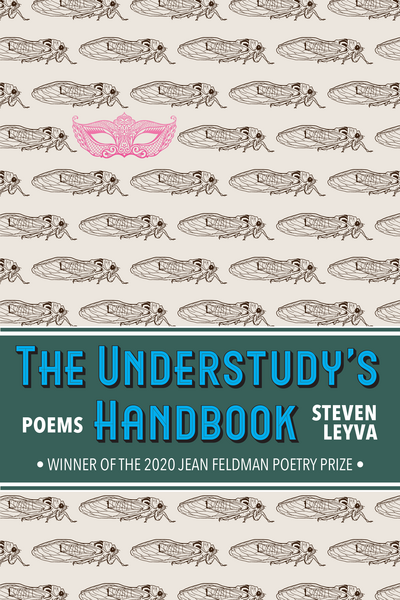/
Winner of the Jean Feldman Poetry Prize
Drawing heat and music (and luscious food) from a New Orleans and Houston childhood, Steven Leyva's
The Understudy's Handbook reveals a sensibility forged by a growing awareness of race and class: child's joy and bafflement, a Black Baltimore father's worry. A full length collection deeply focused on performance, these poems sweep the reader as into a parade, of memory, sensation, rhythm, and protest. Published in October, 2020 by Washington Writer's Publishing House, the collection has been taught at Johns Hopkins University as well as The College of Charlston
Praise for
The Understudy's Handbook:
The Understudy’s Handbook is a collection of beautifully detailed, emotionally lush poems that comprise a portrait of a life, a bi-racial life, an American life. These are smart, evocative poems that invite the heart and prime the head to reconcile the intricacies of our individual lives with the history that has brought us all to this moment in America. There is sweet humor here and a simmering interrogation of what is past and what may come. This book helps me remember why I fell in love with poetry in the first place.
--Tim Seibles, author of
One Turn Around the Sun
"In his book, Steven Leyva strips off the mask of history's parade in order to give an account of familial intimacy with all of its love, hurt, and worship; he strips off the mask of a Louisiana home in order to expose the wound of a Creole exile. Leyva's language will surprise you, see you, move you, and heal you, as it speaks candidly and tenderly to the troubled American heart. To read this book is to join a journey of a great heart driven by its own music from the exile of American geography to the exile of the English language."
--Valzhyna Mort, author of
Music for The Dead and Resurrected
"These brilliant poems stun the page, stitching a story both of heritage and invention, both looming and intimate. Leyva's rich language is a festival, gracefully navigating the space between history and what it makes of us. This collection marks the emergence of an important new voice, and is a joy to read, and re-read."
--zakia henderson-brown, author of
What Kind of Omen Am I



